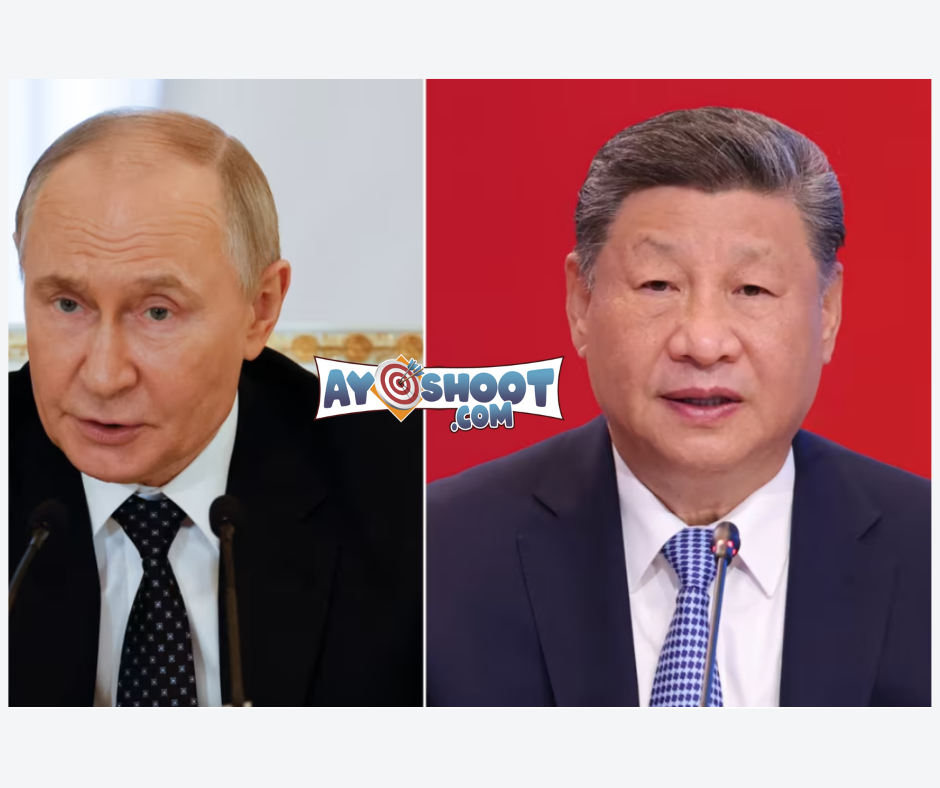June 20, 2025
Chinese President Xi Jinping and Russian President Vladimir Putin reaffirmed their strategic partnership this week in a coordinated show of unity amid rising tensions in the Middle East, particularly between Israel and Iran. Their joint stance, while carefully worded, was widely interpreted as a subtle challenge to U.S. foreign policy and influence under former President Donald Trump’s legacy.
During a high-level diplomatic meeting held in Beijing, both leaders expressed concern over the escalating military threats in the region. Without directly naming Washington, their remarks signaled a shared opposition to Western interference, urging dialogue and restraint as the best path forward.
“Unilateral actions that fuel regional instability must be avoided,” Xi said in a press briefing. “We support diplomatic solutions that respect sovereignty and security for all nations.”
Putin echoed these sentiments, calling for a “multipolar world order” where no single power dictates the outcomes of regional conflicts. Analysts believe these comments are part of a broader effort to counterbalance U.S. influence on global security matters, especially in hotspots like the Middle East.
The Israel-Iran conflict has grown more complex in recent weeks, following missile exchanges, oil shipping disruptions, and cyberattacks. Western allies, particularly the United States, have called for sanctions and stronger deterrence, while Russia and China have pushed for de-escalation and diplomatic dialogue through international forums.
This coordinated response between Beijing and Moscow reflects a deepening political alliance, especially as both leaders face growing tensions with Western powers over other geopolitical issues such as Taiwan, Ukraine, and global sanctions.
Their joint appearance also comes as both countries increase military drills and energy cooperation, strengthening economic and security ties that challenge traditional Western-led coalitions.
While not explicitly addressing Trump’s legacy, the timing and tone of the meeting were widely viewed as a rejection of past U.S. unilateralism, reinforcing a vision for a world less dominated by American leadership.
🌍 Context and Global Reactions
- Middle Eastern nations have responded cautiously, with some welcoming the call for diplomacy, while others remain aligned with Western defence agreements.
- European leaders have expressed concern that this China-Russia stance may embolden Iran while weakening unified responses to potential nuclear threats.
- U.S. officials have yet to formally respond but continue to monitor the developments closely.
🔍 Conclusion
The Xi-Putin alliance continues to evolve beyond economics into a strong geopolitical front. As the Israel-Iran crisis unfolds, their united message signals a strategic effort to reshape global power dynamics—one that places emphasis on multipolar diplomacy rather than military intervention.
Observers say the world should brace for a new era of global alliances, where the balance of power is increasingly shared—and contested.





